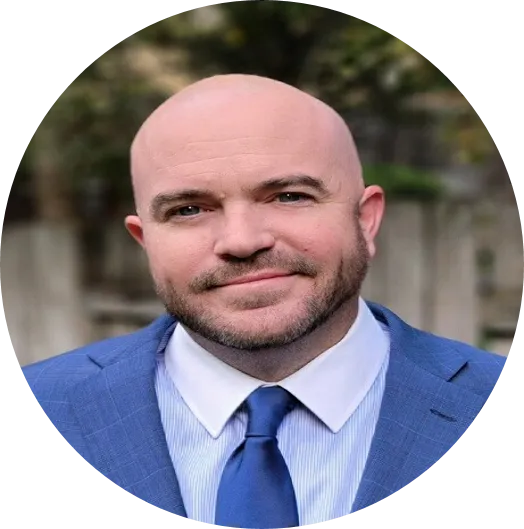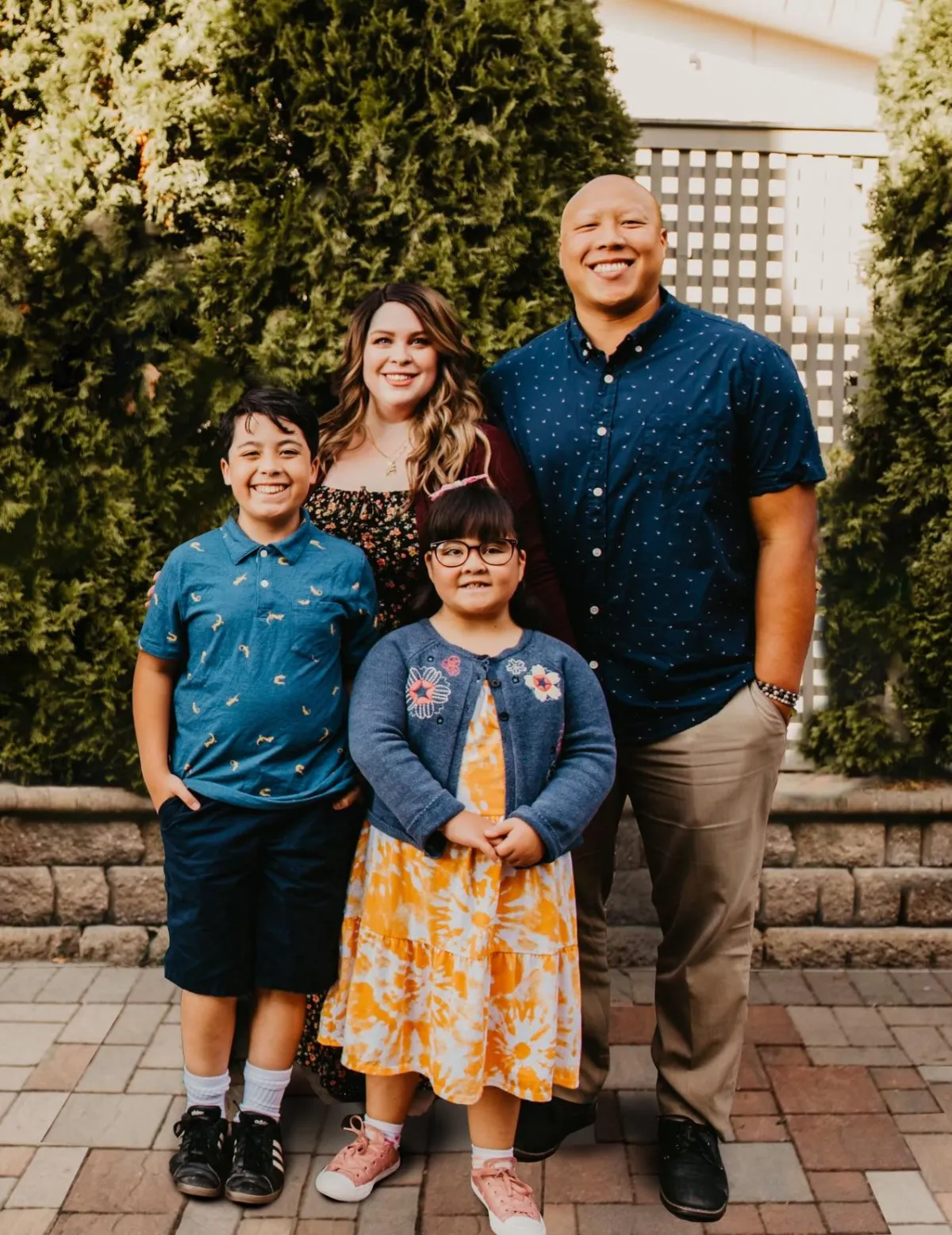Meet The Team:

Chris Jones
Chris and his wife Heather helped establish a new culture for Washington through a foundation on client and partner satisfaction. Holding multiple degrees in business, he brings over 20 years experience to the team, always with the same focus...the Client above everything

Kris White
Kris and his wife Megan have three daughters and reside in the same city in which they were born- Spokane Valley. He obtained his Business Finance degree from Gonzaga, followed up by getting his Masters degree from Whitworth University. With over 13 years of business experience, he maintains a servant leadership philosophy.

Ryan Chang
Ryan is passionate about helping people. His hard work and compassionate personality come through with each client he works with. Creating relationships with others and building trust is what he is all about. When he isn’t working, he spends most of his time with his family and helping friends and neighbors.
FAQS
What is the difference between term life insurance and whole life insurance?
Term life insurance provides coverage for a specified term, typically 10, 20, or 30 years. It offers a death benefit to your beneficiaries if you pass away during the term, but it doesn't accumulate cash value. Whole life insurance, on the other hand, provides lifelong coverage and includes a savings component that builds cash value over time. While term insurance is usually more affordable, whole life insurance can serve as both protection and a long-term investment.
How does cancer insurance differ from my existing health insurance?
Cancer insurance is designed to provide additional financial support specifically for cancer-related expenses that may not be fully covered by your health insurance. It can help with costs like treatment, medication, travel, and even lost wages due to illness. While health insurance covers a wide range of medical expenses, cancer insurance focuses on providing targeted financial assistance for the unique challenges posed by a cancer diagnosis.
How does health insurance work in a group plan?
Group health insurance is typically provided by employers to their employees. In a group plan, the employer negotiates with an insurance provider to offer coverage to all eligible employees. Employees usually share the cost of premiums with their employer. Group health plans often provide comprehensive coverage and lower premiums than individual plans. When you need medical care, you'll typically pay a portion of the costs (such as copayments or deductibles), and the insurance plan covers the rest. Group health insurance is a valuable employee benefit and helps individuals access essential healthcare services at a reduced cost.

